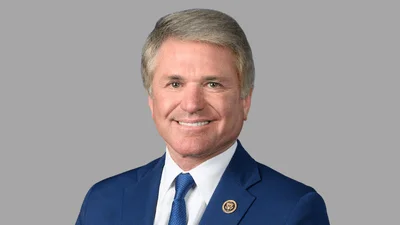WASHINGTON, D.C. -- The House of Representatives today passed H.R. 7083 the Charity Enhancement Act of 2008, by voice vote. H.R. 7083 was authored by Ways and Means Oversight Subcommittee Chairman John Lewis (D-GA) to fix unintended consequences of the Pension Protection Act of 2006, which failed to take into account unique and unforeseen situations in the charitable sector, such as the effect on scholarships and charitable giving. These provisions have hindered the good work of our charities and foundations.
The Charity Enhancement Act of 2008 fixes some of the unintended consequences of the Pension Protection Act in response to hundreds of pages of written comments submitted to the Oversight Subcommittee by charitable institutions and foundations.
“This bill responds to hundreds of pages of written comments that were submitted by charities to the Ways and Means Subcommittee on Oversight," said Chairman Lewis. “This bill contains a number of important provisions to help charities continue their good work."
“Charities play such an important role in our country," emphasized Lewis. “Charities and foundations make up the very fabric of our communities. They know the deepest human needs of our friends and neighbors and they know the solutions that work. Often, at critical times, charities and foundations are the leaders that show government the way to care for our citizens. Their services touch every corner of life in our communities - education, the arts, and medical research. They also serve those who need our help the most by feeding the hungry, caring for the sick and lifting up those who live in poverty. This bill fixes some of the unintended effects of new charitable laws that keep them from doing their good and necessary work."
The Charity Enhancement Act is a bi-partisan bill supported by many organizations, including the Council on Foundations. The bill:
· promotes scholarships by revising certain rules applicable to scholarship funds;
· makes charitable institutions more transparent and public by facilitating the electronic filing of tax returns filed by charities and foundations;
· supports the philanthropy of Native American tribal governments;
· provides relief to certain longstanding organizations; and
· supports volunteer boards by allowing charities to reimburse some of the reasonable and necessary expenses they incur in providing services to their organizations.









